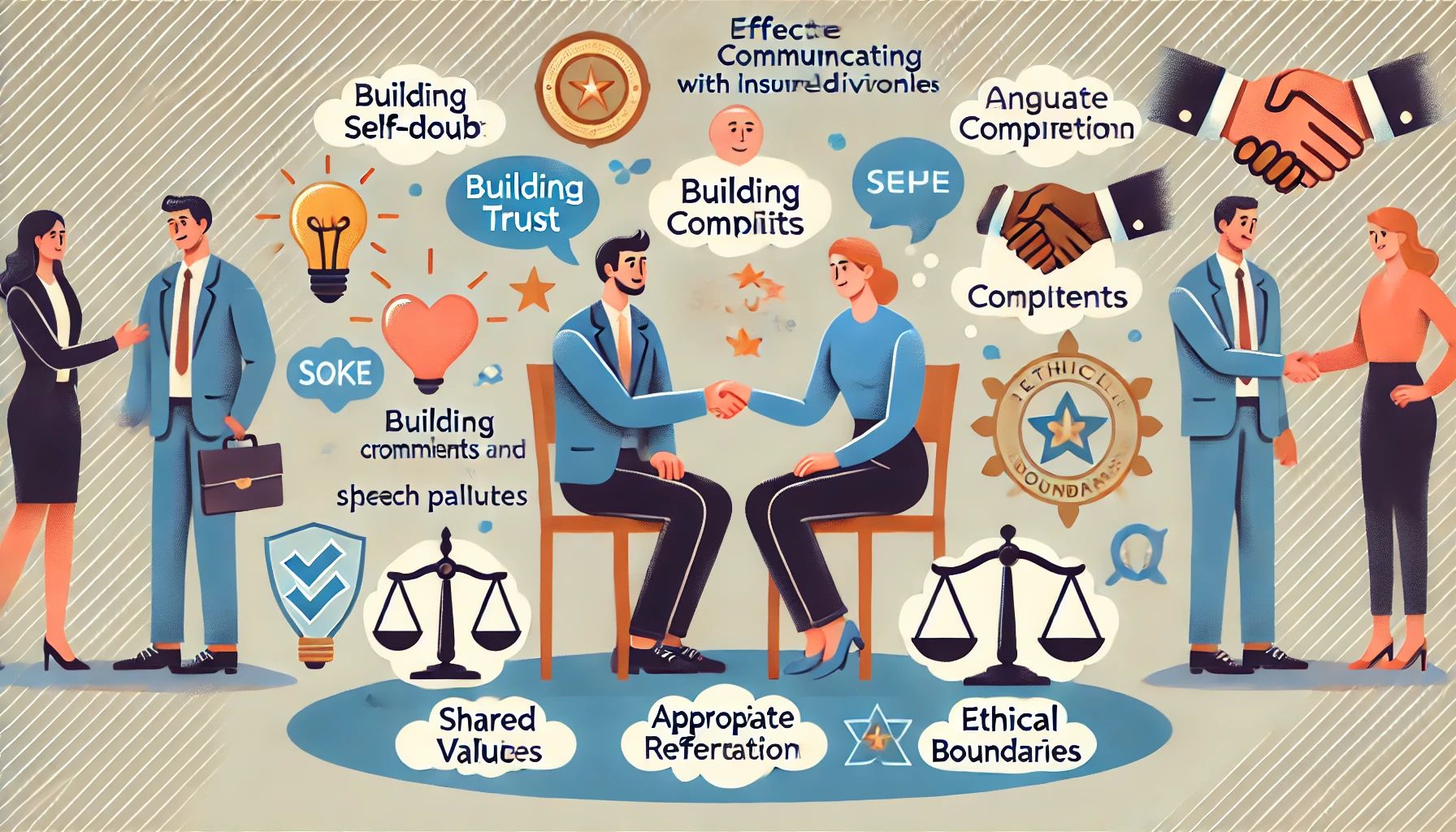
Navigating conversations with individuals who lack self-confidence requires sensitivity and awareness. Instead of directly asking someone if they are sure of themselves—potentially causing offense or discomfort—it's beneficial to observe their behavior for subtle indicators.
Signs of Insecurity:
Reluctance to Disagree: They often remain silent or nod along, even when they have differing opinions, afraid to voice their thoughts.
Difficulty Expressing Feelings: Their language lacks descriptive adjectives for emotions, focusing more on factual events rather than personal sentiments.
Struggles with Strangers: Initiating conversations with new people is daunting for them, often due to fear of making a wrong impression or rejection.
Seeking Approval: They prioritize others' expectations over their own needs, sometimes to their own detriment.
Indecisiveness: They may rely on others' guidance and find it challenging to take initiative or make independent decisions.
Constant Comparison: They frequently compare themselves unfavorably to others, highlighting perceived shortcomings.
Physical and Behavioral Cues:
Body Language: Slouched posture, hunched shoulders, and hesitant gestures indicate inner uncertainty.
Speech Patterns: Rapid speech or hesitant delivery can reveal underlying self-doubt.
Why Understanding Matters:
Recognizing insecurity in others can be advantageous in various scenarios, particularly when persuasion is necessary. By acknowledging and addressing their insecurities with empathy, you can build rapport and influence positively.
Offer Genuine Compliments: Sincere praise boosts their confidence and encourages cooperation.
Establish Common Ground: Demonstrating shared values and perspectives alleviates their sense of isolation and builds trust.
Appeal to Authority: Referencing respected figures or endorsements can sway their decisions or actions positively.
However, while insecure individuals may be susceptible to influence, ethical considerations must guide interactions. Manipulation for personal gain can lead to unintended consequences, potentially damaging trust and relationships.
Understanding and empathizing with insecurity enables more effective communication and relationship-building, fostering mutual respect and support.


